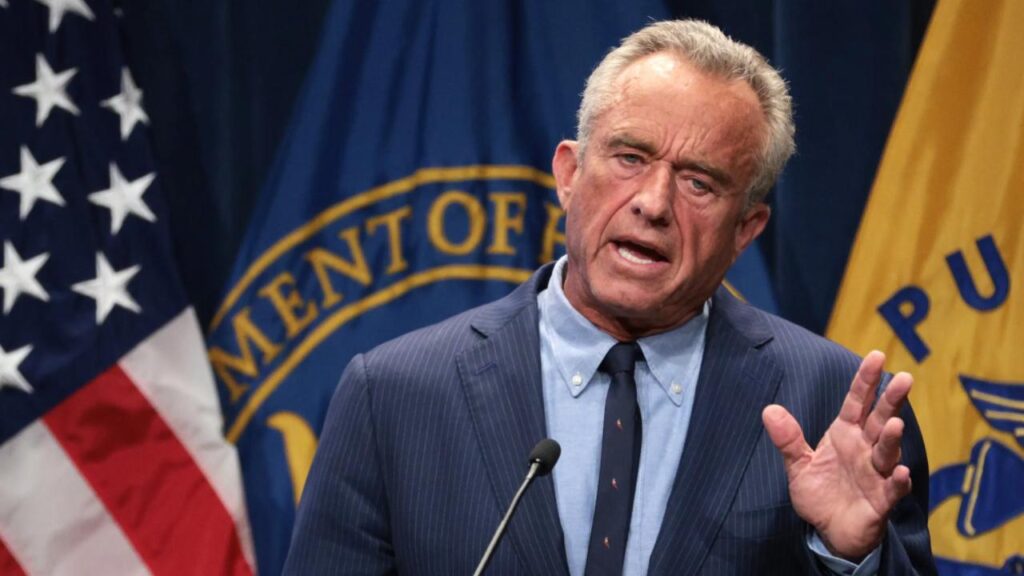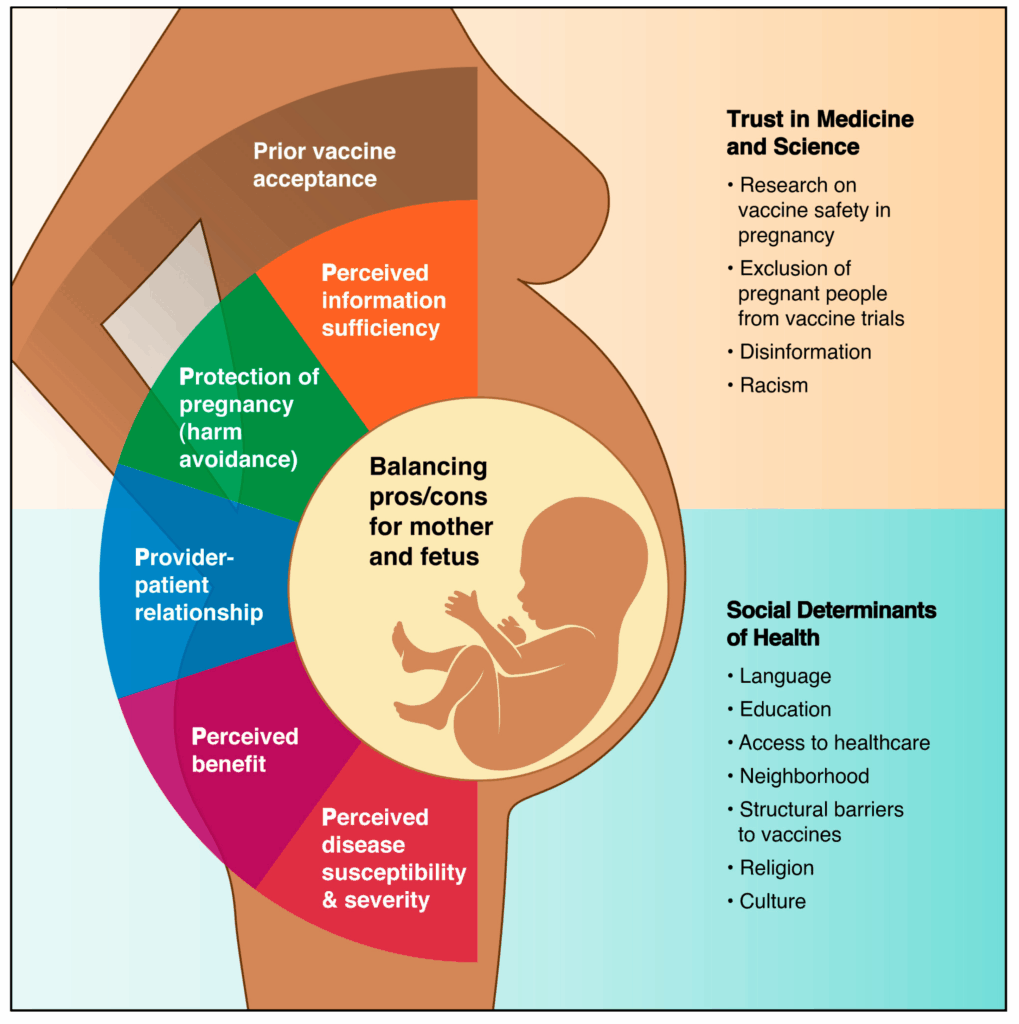In a surprising turn, Health and Human Services Secretary Robert F. Kennedy Jr. announced on May 27, 2025, that the Centers for Disease Control and Prevention (CDC) would no longer recommend COVID-19 vaccinations for healthy children and pregnant women. This policy shift has sparked widespread debate among health professionals and the public alike.

RFK Jr. Softens COVID Vaccine Stance
| Takeaway | Stat |
|---|---|
| Vaccination Rates | Only 13% of children and 14.4% of pregnant women are up to date with COVID-19 vaccines. |
| Policy Change | CDC removed COVID-19 vaccine recommendation for healthy children and pregnant women. |
| Expert Concern | Health professionals warn the move could increase risks for vulnerable populations. |
Secretary Robert F. Kennedy Jr.’s decision to remove COVID-19 vaccine recommendations for healthy children and pregnant women marks a significant shift in public health policy. While the vaccines remain available, the change has raised concerns about access, insurance coverage, and the potential spread of misinformation. As the debate continues, health professionals stress the importance of making informed decisions based on scientific evidence and individual health needs.
A Shift in Policy
Secretary Kennedy’s announcement effectively removed COVID-19 vaccinations for healthy children and pregnant women from the CDC’s recommended immunization schedule. This decision was made without the usual consultation with the CDC’s Advisory Committee on Immunization Practices (ACIP), raising concerns about the transparency and scientific basis of the move.
In a video posted on social media, Kennedy stated, “I couldn’t be more pleased to announce that, as of today, the COVID vaccine for healthy children and healthy pregnant women has been removed from the CDC’s recommended immunization schedule.”

Expert Reactions
The medical community has expressed significant concern over the policy change. Dr. Amanda Williams of March of Dimes highlighted the increased risks COVID-19 poses to pregnant individuals and their unborn children, stating that the decision could have “devastating consequences.”
Similarly, the American College of Obstetricians and Gynecologists emphasized that COVID-19 infections during pregnancy can lead to severe outcomes and that vaccination remains a critical protective measure.
Implications for Access and Coverage
Removing these groups from the CDC’s recommendation list may have broader implications beyond public health messaging. Insurance coverage for COVID-19 vaccinations is often tied to CDC recommendations. Without this endorsement, families may face out-of-pocket costs, potentially limiting access to vaccines for those who still wish to receive them.

Public Trust and Misinformation
Kennedy’s history of vaccine skepticism has been well-documented. His recent policy change has reignited debates about the role of personal beliefs in public health decision-making. Experts worry that such actions may erode public trust in health institutions and contribute to the spread of misinformation.
The Path Forward
While the CDC has updated its guidance, the conversation around COVID-19 vaccinations for children and pregnant women is far from over. Health professionals continue to advocate for decisions grounded in scientific evidence and urge individuals to consult with their healthcare providers to make informed choices.
FAQ
Can children and pregnant women still receive the COVID-19 vaccine?
Yes, the vaccines are still available. However, they are no longer part of the CDC’s routine recommendations for healthy individuals in these groups.
Will insurance cover the vaccine for these groups?
Coverage may vary. Since CDC recommendations often influence insurance policies, some providers might not cover the vaccine for these groups without the endorsement.
Why was this policy change made?
Secretary Kennedy cited a lack of sufficient clinical data for these populations. However, many health experts disagree with this assessment and emphasize the existing evidence supporting vaccination.






